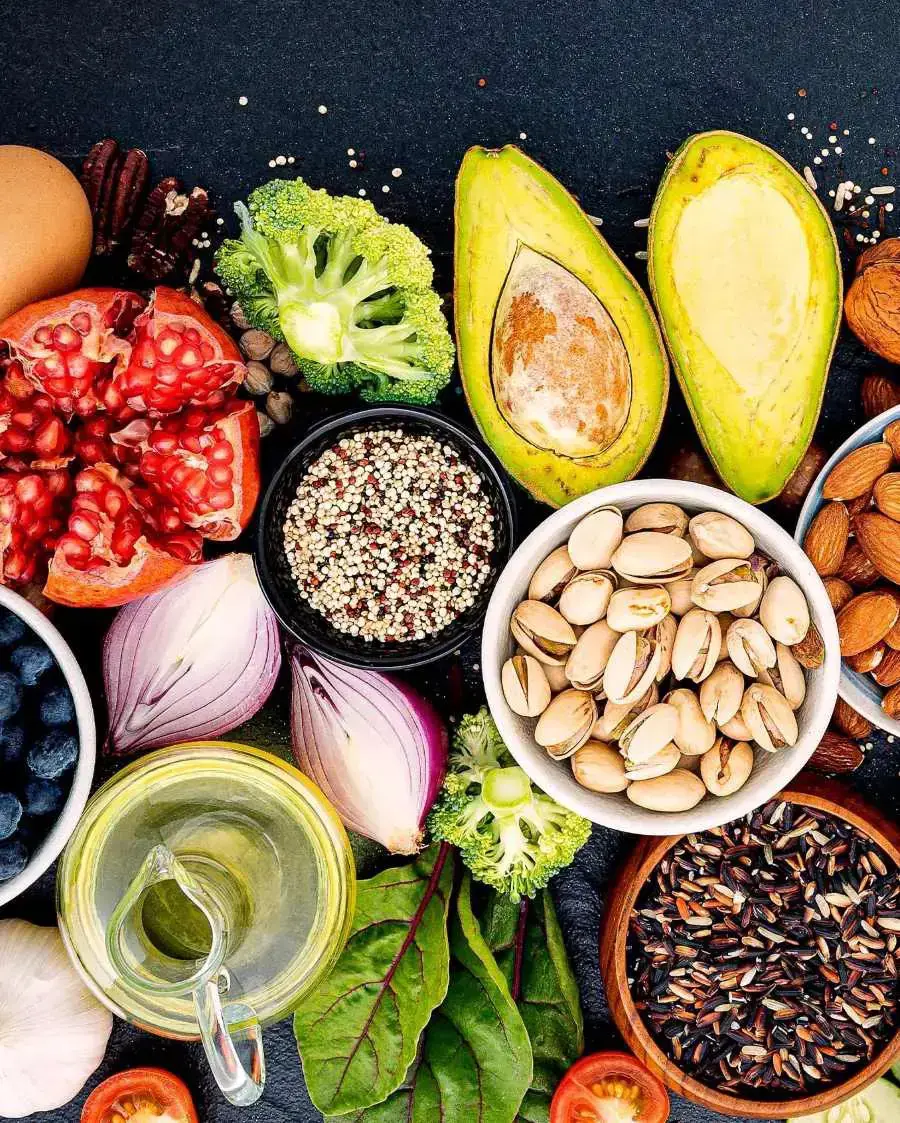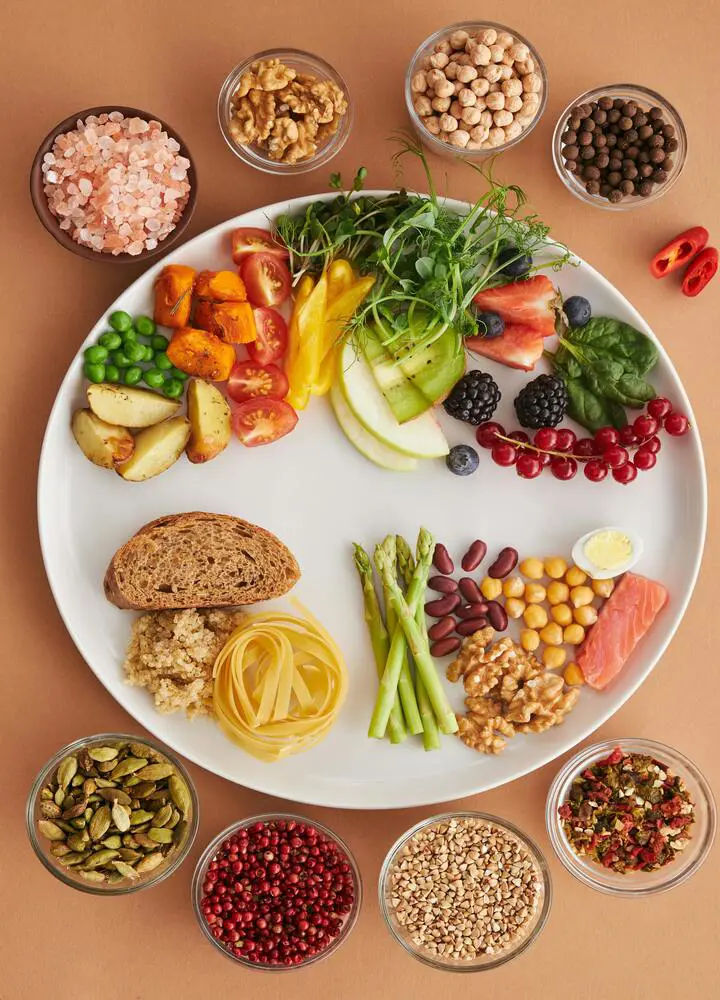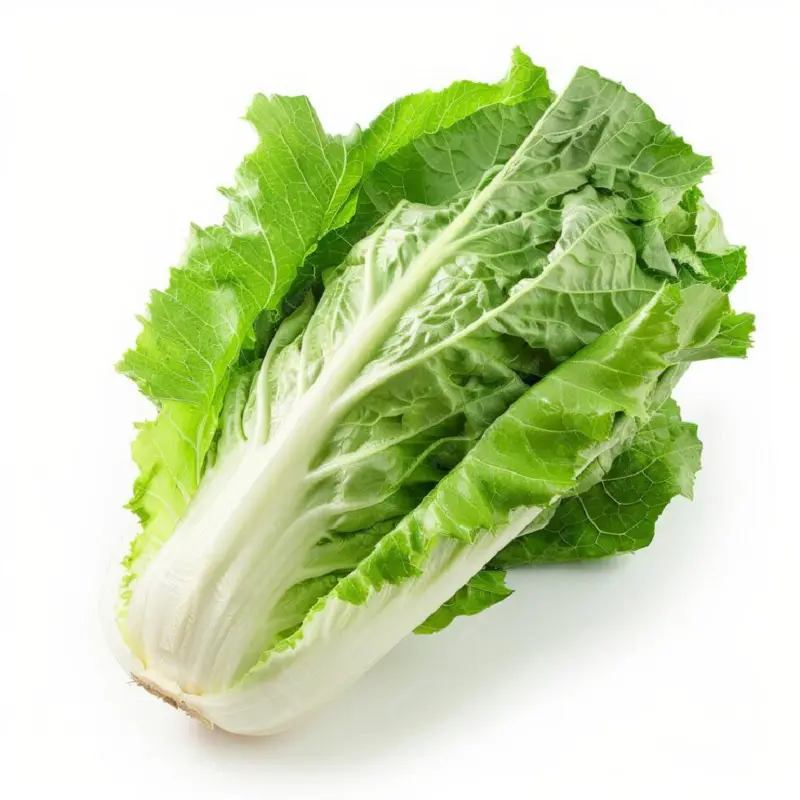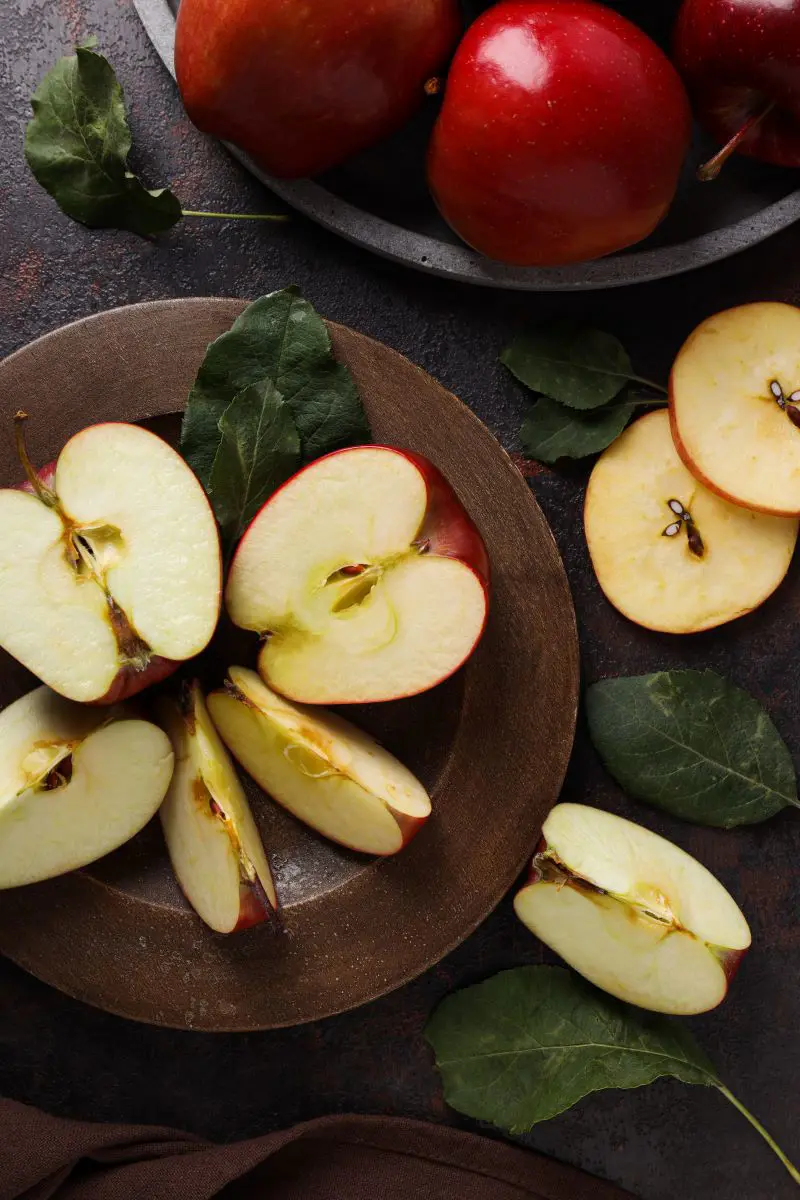Is Squash Healthy?
Yes, squash is healthy because of its high beta-carotene, vitamin C, and B6 content. These nutrients are important for the proper functioning of the heart and the eyes.
There are different varieties of squash, all of which come with different sets of benefits. However, the most important nutrient in squash is its antioxidant content.
Squash is rich in the antioxidant, beta-carotene. Beta-carotene is the precursor to vitamin A which is essential for eye health.
Nevertheless, consuming high concentrations of squash might increase the risk of lung cancer. So it's important to consume it in moderation.
















